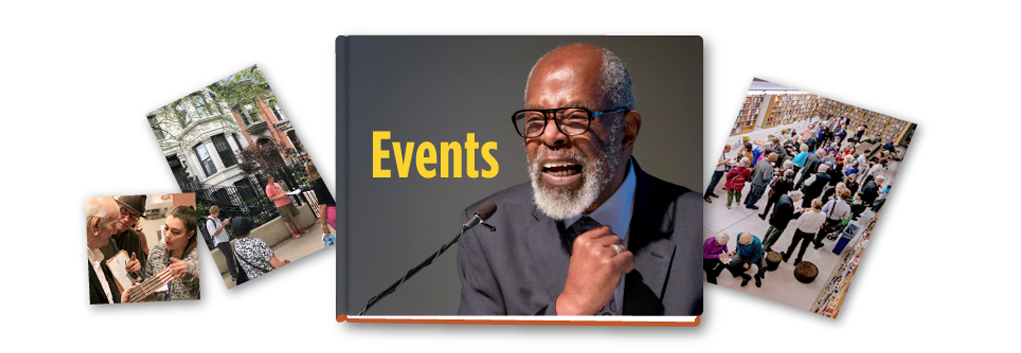3rd place, Prose in the Randall Albers Young Writers Award: “On Innocence and Black Youth” by Rainey Reese
Thursday, May 9, 2024
On Innocence and Black Youth
The door burst open, rattling as it slammed against the side of the brick house. The house’s owner stepped into the center of the doorway. His wife-beater was soaked with sweat stains, and his sunburnt shoulders stuck out from underneath it. The overwhelming smell of cigarettes flooded my nose, and his thick fingers gripped his handgun. My friends and I stared down the barrel. His phone rang, and I looked at the rest of my friends’ jaws dangling open. We ran.
My calves felt like they would catch fire as I raced from his yard. We stumbled over leaves and tripped over branches as we bolted through the woods and back into town. My heart was a bass drum, thumping in my chest and through my ears. I couldn’t hear anything over my fear until the sirens sliced through the rhythm and wailed through the air.
The police stopped us, and a second and third police car arrived. The officers towered over us, and they questioned us with a cold expression and tough eyes. I squinted up at them through the bright August sunlight, trembling with fear. My friends and I stood shoulder to shoulder, but I never felt so alone. We were too young for them to run our IDs: we didn’t have any. The officers took our names and parents’ phone numbers.
My sister drove me home, and the police called my parents to explain the situation.
When my parents asked about the gun, the officer uttered coldly, “He had a right to defend his property. He didn’t know if those people were criminals or not.”
“They’re kids,” my mother retorted.
The officer sighed, but no words left his mouth.
He echoed the man’s fears but sat silent for me. Fog clouded my brain, snatching away my ability to think.
My mother hung up the phone with the officer, stood up from the couch, and walked into the kitchen. As she wrapped her arms around me, she whispered, “Girl, you’re beautiful. Your skin, your hair, your nose, and your lips are perfect. Don’t ever forget it.”
But at twelve years old, my hair, my nose, my lips all spelled danger. My skin was weaponized to justify someone’s weapon. In return, my reflection in the mirror changed, and my innocence vanished. I learned that being Black meant being hyper-aware of my existence. I stood in the center spotlight in a play I hadn’t auditioned for, and that truth suffocated me. His violence was tattooed on my mind.
I laid in bed that night, curled up like a baby. I buried my face into the sheets, as I muffled my sobs, aching to be anywhere else. My mother told my father I cried because the police scared me. But I really cried because I didn’t understand how the police couldn’t protect me, how my skin wasn’t mine anymore, or how anyone could survive in a world this cruel.








